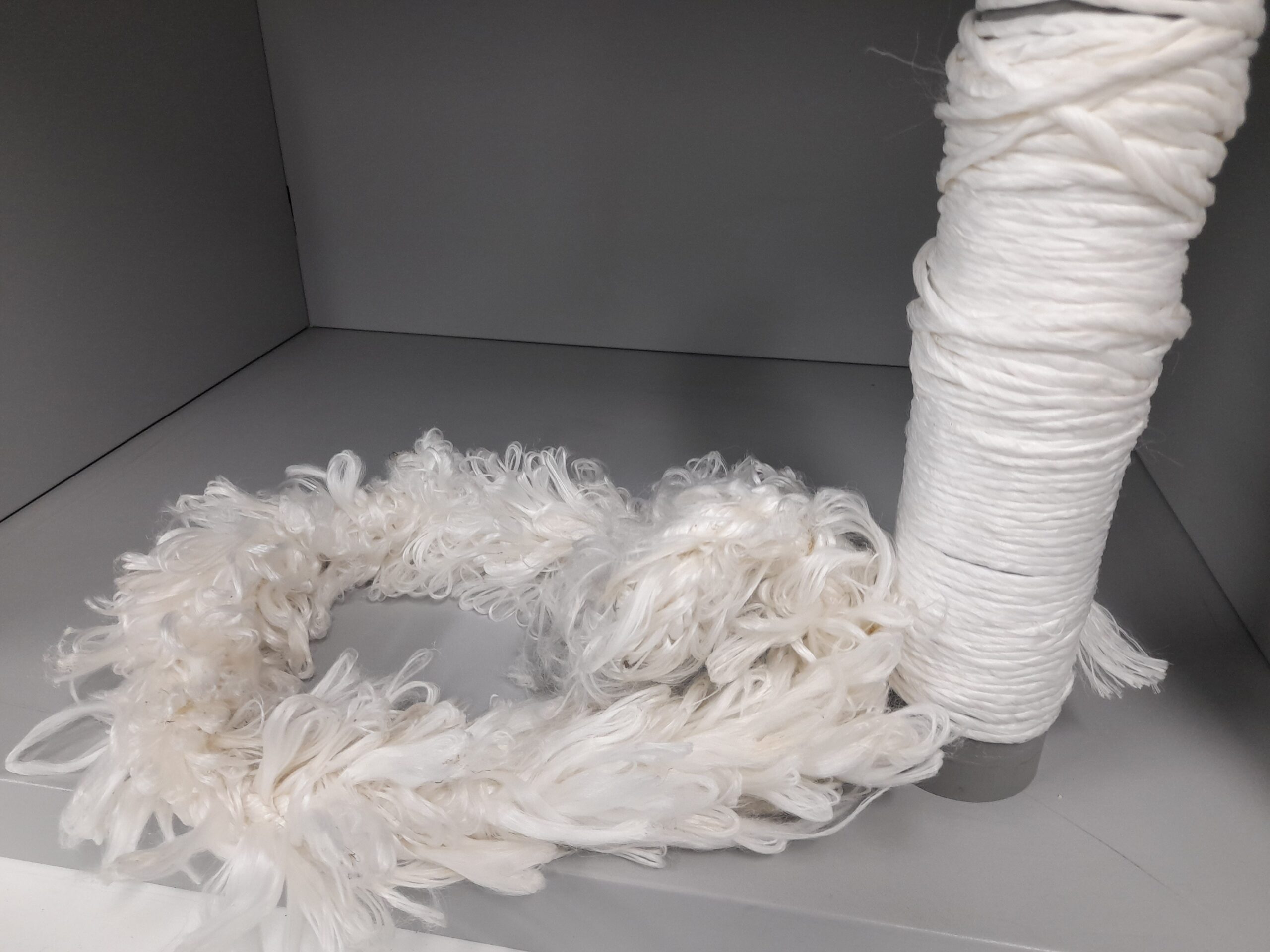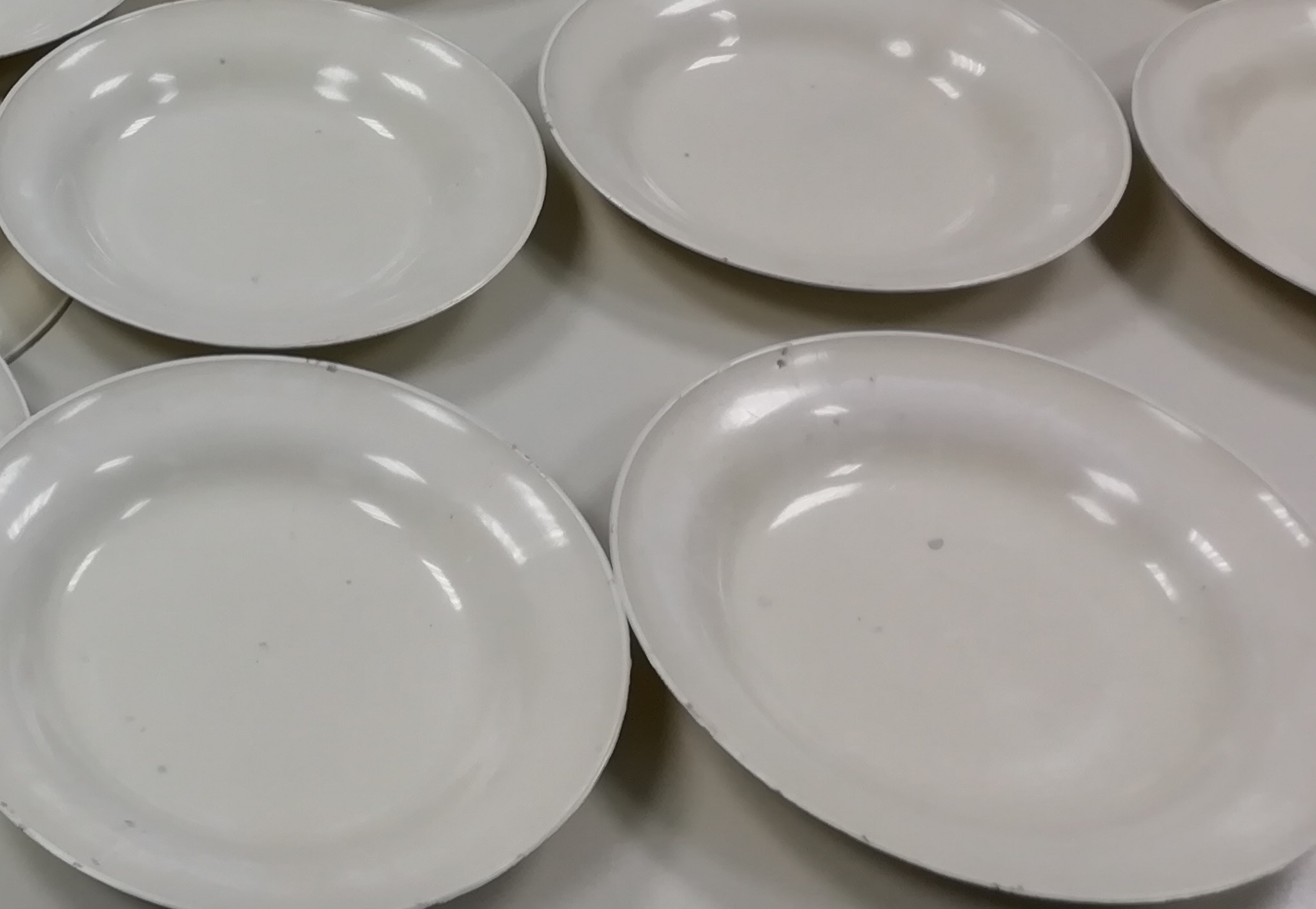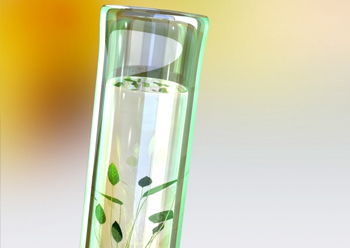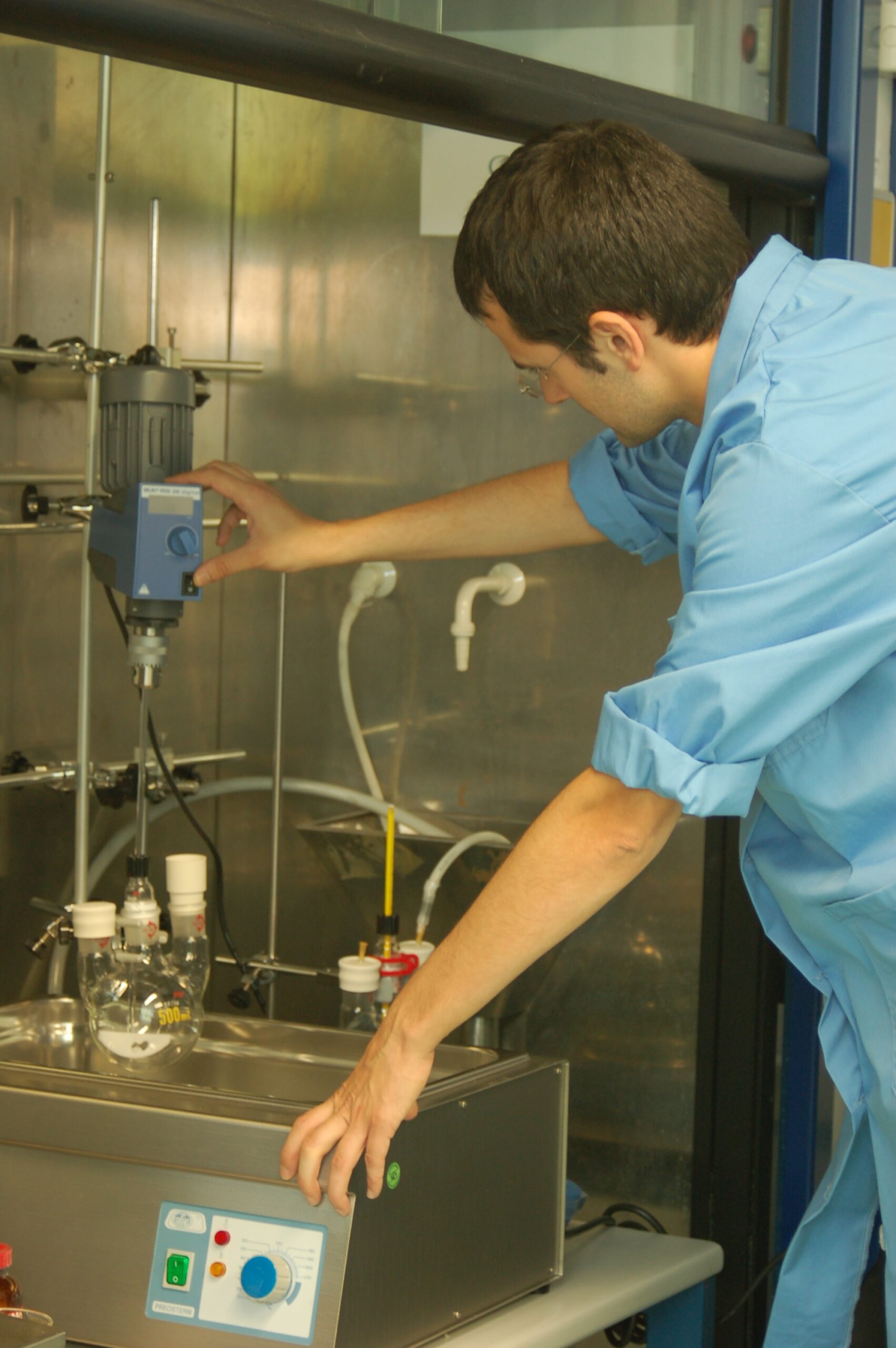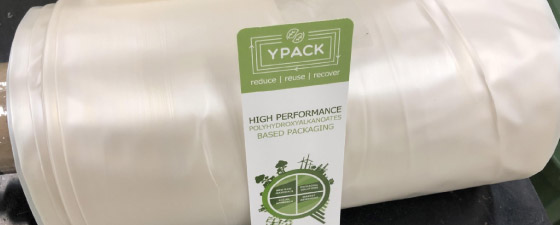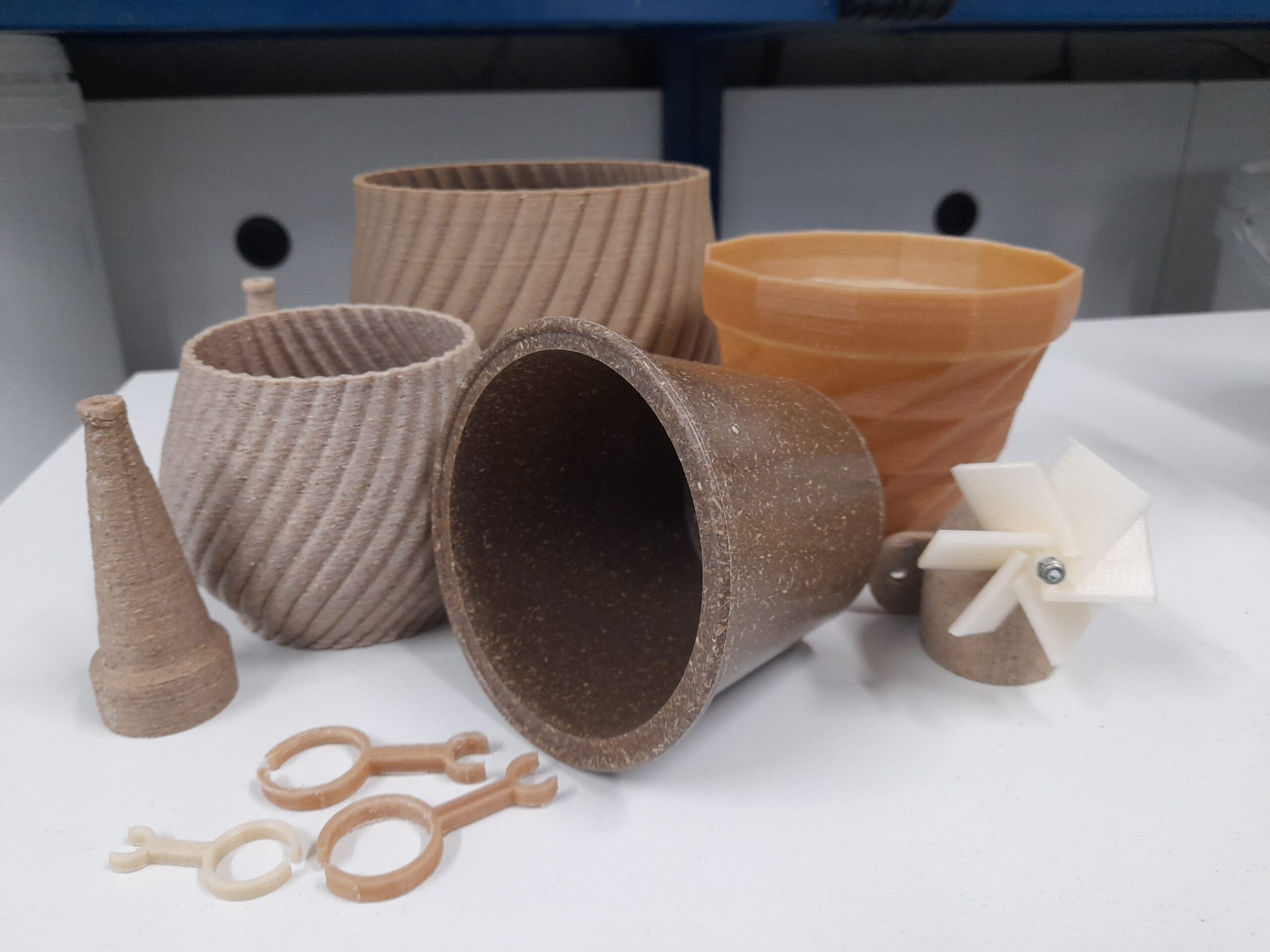
The objective is to address safe and sustainable near-to-market biodegradable packaging solutions through TRL 7 demonstration of biodegradable materials based on novel biopolyesters and polysaccharides, designed to improve the mechanical and barrier performance for the packaging of high performance oleic-based products. They are intended to be a cost-effective alternative to replace existing single-dose packaging made of non-biodegradable fossil-based materials (PE, PP and PET) in flexible and semi-rigid formats, in accordance with the SSbD framework.
Leader: GAIKER
- Program: HORIZON
- Financed by: European Union
- Year: 2024-2028
- Project Website





